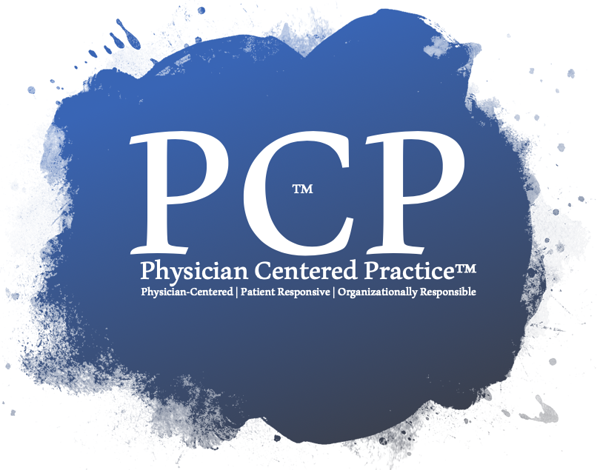How To Succeed In Practice Oct 01
rfp · Comments: 58I know many of you work in group practices, practices you own and practices where you are an employee. I know because of the affirmative responses I received to the last article. Also, I know from many conversations that as much as you would like to leave practice you may choose not to. “The devil you know….” As the saying goes.
This week I want to focus on some key defining steps in practice success. And if you want to read more about developing high performing, physician-centered practices, visit my other web site, http://www.physiciancentered.com. There I address many practice issues from positive group development to governance and dealing effectively and compassionately with physician behavioral issues.
However, more on-topic, medical practice success is a top down process. Think about this statement, a practice can be ruined or sabotaged from the bottom up, but it can only be successful or saved from the top down.
If you sit in a position of power and/or ownership in a medical practice, success is your responsibility. But what is success? Too often in medical practice success is defined almost exclusively by production, productivity and revenue. However, in medical practice, in your medical practice more than a business is at stake. Your practice is a key element of your life and lifestyle. Is it what you want it to be? If so, great and no need to read further.
However, if your practice and your lifestyle are lacking in some ways, the core of the problem is likely rooted in your practice.
All activities, from patient management, to surgery and running your practice, are processes. The first, and possibly most important topic, how much time weekly do you spend working on the processes of your practice? How much conversation do you and your partners have about those business processes? Ask these questions:
- Do you and your partners discuss your individual career
objectives.
- Do you and your partners discuss your individual and, by
default, your shared vision for the practice.
- Do you and your partners try to shape your practice to
achieve strategic objectives, personal and collective.
- Do you and your partners communicate a “one-voice” strategy
to your staff and to your patients.
- Do you use an operationally focused leader, physician or
non-physician, to implement the owners’/board’s decisions and objectives.
- Do you address significant practice issues between 8:00 a.m.
and 5:00 p.m. or do you only address your business “before or after hours.”
- Have you and your partners hired a blue-chip practice consultant* to help you with these issues - most importantly, did it work?
The bottom line is this, you and your partners must be on the same page. You can each have different objectives and goals, but they need to mesh into a unified approach to practice operations. Just like larger and more complex organizations, different departments have different responsibilities and objectives. You and your partners are like those different “departments.” Your responsibilities and objectives may be different, but your overall goals must coalesce to the good of the business as well as to your individual success.
However, what if you’re an employee? If you work for a physician group, health system, managed care organization, then your opportunities for influence may be much more limited. But, your objectives are the same. If you and your organization are not in sync, then you need to find an employer that thinks like you. Remember, whenever you’re interviewing for a job, you’re interviewing them as much as they are interviewing you. Don’t be afraid to ask questions that are important to you.
Again, you can read more about practice success and development at http://www.physiciancentered.com.
*A word about practice consultants – recognizing I’m one. There are no magic bullets, canned programs are just that, canned. Do you want a canned dinner or one made to order?


Comments: 58